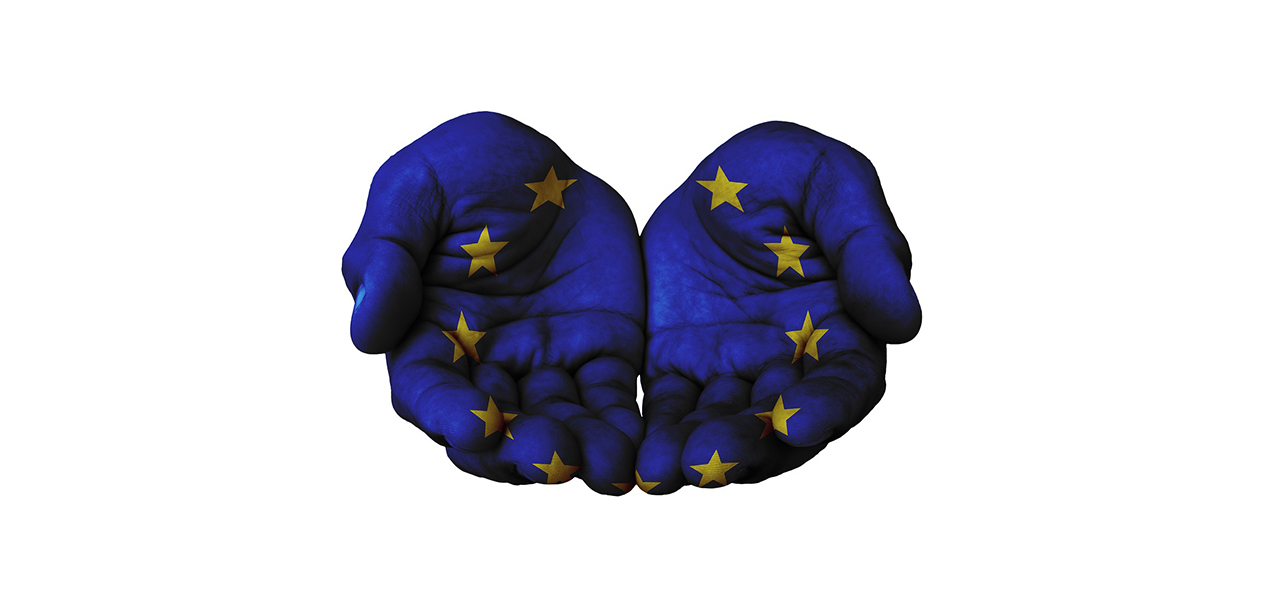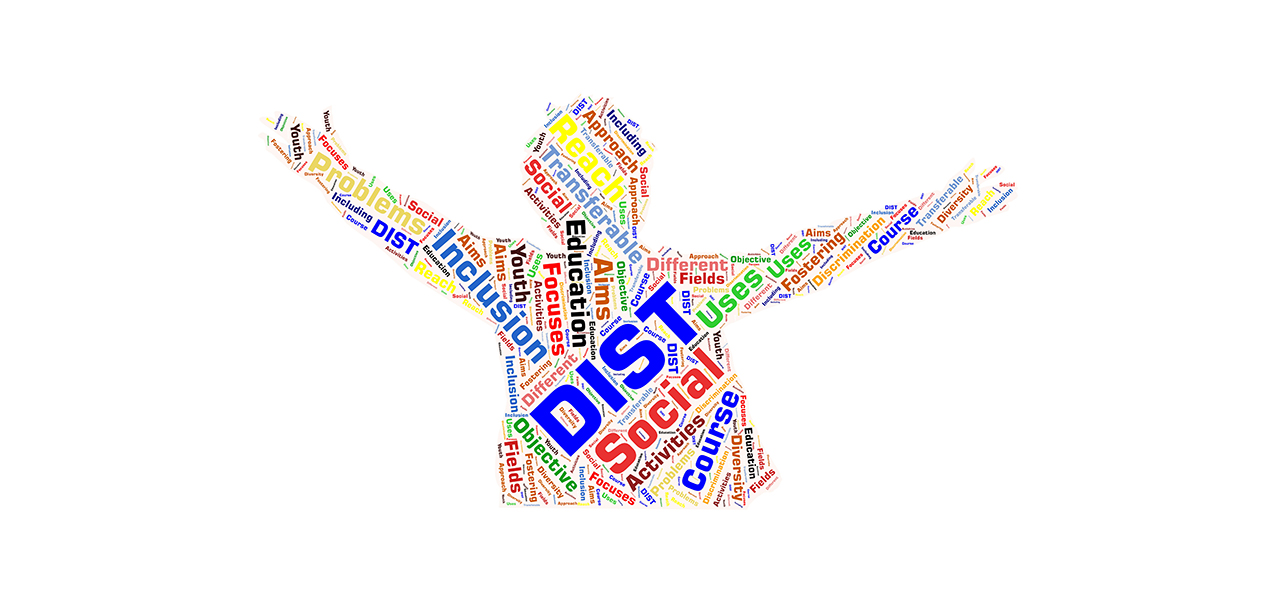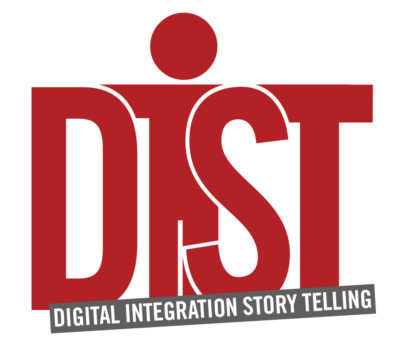DIST aims at overcoming common misunderstandings related to ‘integration’, that exist between the host population and different ‘newcomers’. To tackle these misunderstandings, the project will use digital storytelling (DST).
The clash of cultures aggravated by the migrant crisis is despite different national conditions a truly European situation. Not only because, but as much as migrants pass different European countries understanding of stories is improved if different perspectives
DIST will foster teachers’ professional development in relation to social inclusion, i.e. one of the major problems of society at large and eduction in particular. Thus teachers and teacher trainees will be support in dealing with diversity in the classroom as well a s in the whole school community with a special focus on pupils with a migrant background. This will also help them taking into account the objective of a more participatory and more collaborative school culture.


THE PARTNERSHIP
DIST will bring together the different experiences of partners to create a novel and transferable approach to the usage of digital storytelling in school and to improve intercultural understanding and the acceptance of European values – also with story-listening. DIST will transfer experiences in storytelling and in using exemplary and critical events and incidents for teaching also as means to improve ICT competences. Digital storytelling has not been used in the school contexts of some of the partners yet. It will also be introduced into the teacher education and further eduction processes.
OPEN SOURCE
The course will be “free and open source”, in order to assure a wide spread of the project results to all kind of structures and organizations, such as schools, associations, municipalities, governmental institutions and EU citizens.
The “best practice course contents” will be integrated into our public website which will, in the next months, also host a video biographies’ section.
EUROPEAN COMMISSION
This project has been funded with support from the European Commission. This page reflects the views only of the author, and the Commission cannot be held responsible for any use which may be made of the information contained therein.







